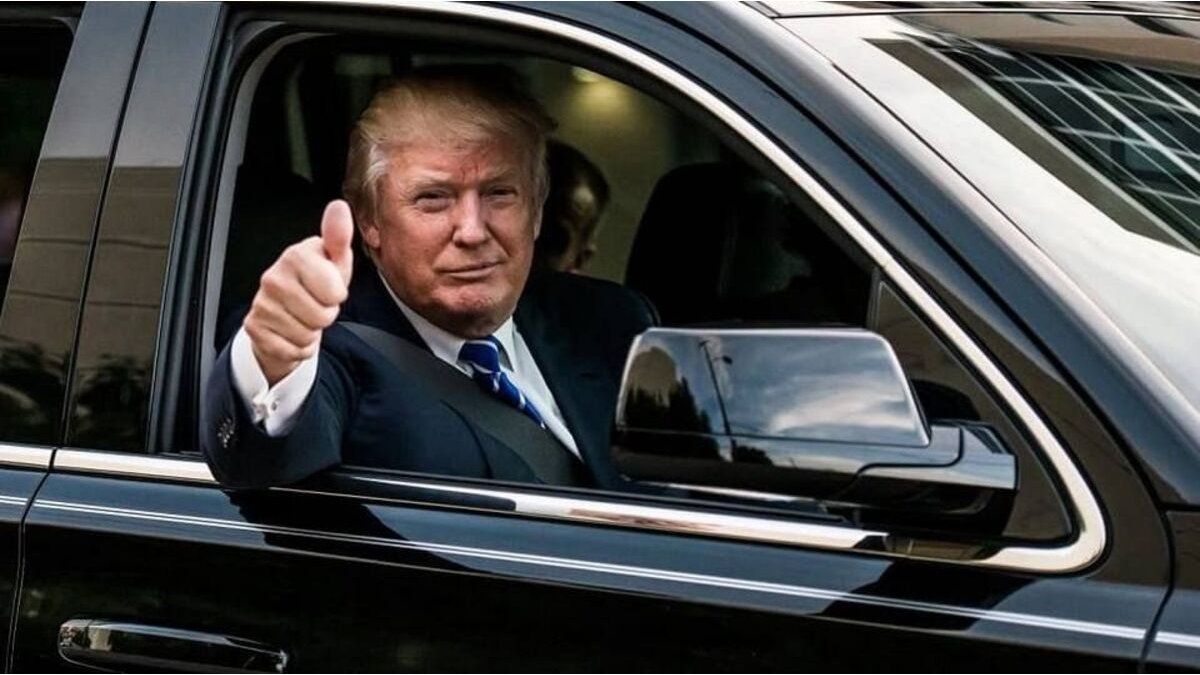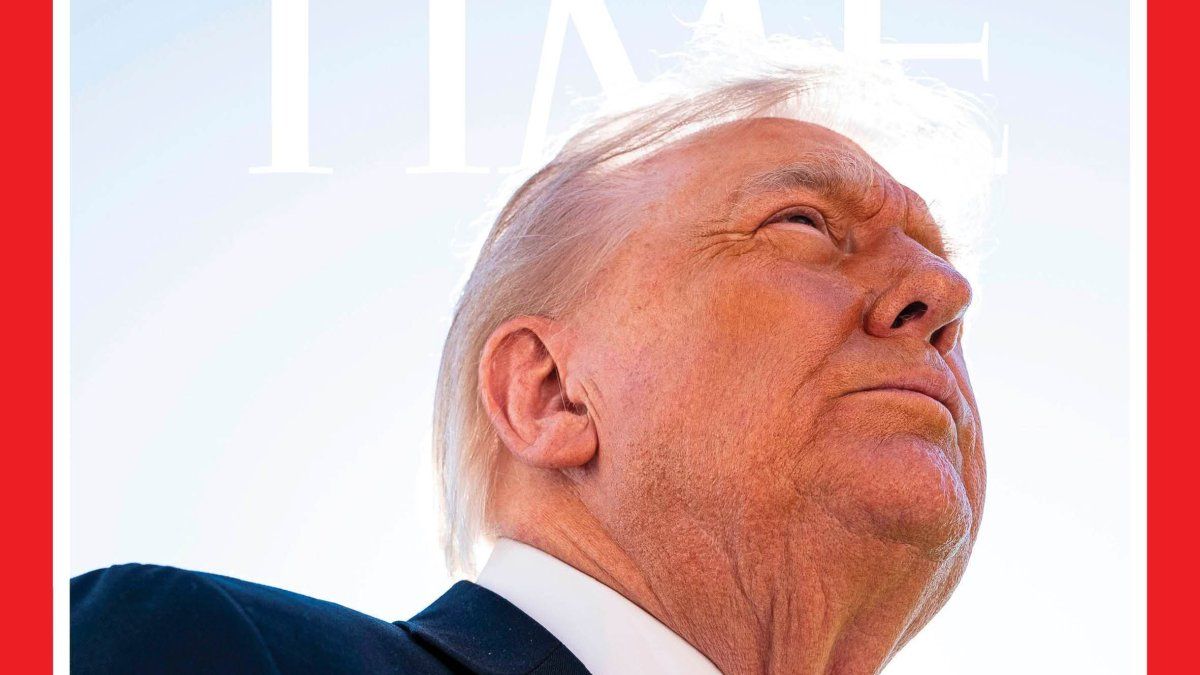Next Wednesday, April 2 will begin to rule The new 25% tariffs on vehicles imported to the United States, a measure that would mainly affect Mexico, Japan, South Korea, Canada, Germany and the United Kingdom. In the previous one of the new provision, the US President, Donald Trump, He said that this date will mark “the release of the US economy.”
US imported approximately 8 million cars last year, which represented around US $240,000 million in commerce and approximately half of the total sales. In addition, new taxes to agricultural products will also be applied, a rate of 25% of the European Union and additional 25% to the countries that buy oil in Venezuela.
The measure is a strong increase in reference to the current rate, which is located at 2.5% and applied to the Imported cars. Once effective, this tariff will rise to 27.5%. In the case of Chinese electric vehicles, which were already 100% taxed under the administration of Joe Biden since August 2024, it will rise to 125%.
As the US president justified, the measure will generate a “Tremendous growth” For the automotive industry of your country what “will drive” employment and investment. However, numerous analysts pointed out that the measure is likely to cause important disturbances in production, which will be reflected in increases in increasing prices and tensions with its commercial allies.
For 2024, the United States imported approximately 8 million cars last year, which represented around US $ 240,000 million in commerce and approximately half of total sales.
Elon Musk Donald Trump.jpg
The hardest blow will fall on Mexico, Japan, South Korea, Canada, Germany and the United Kingdomcountries that, according to data from the US Department of Commerce, are the main car suppliers. In detail, during the past year they took the 87.8% Of all the cars that the American Union imported to sell to its citizens.
Among the consequences that this measure can generate, it is expected is a Increase in the cost of all cars sold in the United States (both the imported and those built in American factories) In thousands of dollars each. In addition, it is also expected that European and Asian automakers have a Fall of its sales to the North American market.
This sales decline must be compensated with the conquest of other markets. It is possible that one of the chosen destinations is Latin America that does not have as many commercial barriers as other regions.
The new Trump tariffs also had their impact on global bags was almost immediate and in some latitudes even affected the day after closing. Ford and General’s actions were painted red after the bell of Wall Street with significant losses, falling 4.7% and 6.4%, respectively.
On the other hand, new taxes on agricultural products are also expected to include, A rate of 25% of the European Union and an additional 25% to the countries that buy oil in Venezuela. The focus is also put on the “reciprocal tariffs” that promise mirror rates for taxes that are currently over the United States, While the 25% tariff for the products of Mexico and Canada is in the process of negotiations, with meetings between their governments and the US Secretary of Commerce.
How Trump’s decision to impose tariffs on the automotive industry can affect Argentina
In the specific case of Argentina, the effect of Trump’s measure would be minimal. “It is difficult to predict what can happen because the impact it will have on sales in the United States is not yet known. Argentina is a very peripheral market to have an important change. Perhaps, the most important thing could happen to car purchases from Mexico, since there is a free trade agreement and some brands matter from that country. They could redirect a product towards Argentina, But they would be very small volumes, “explained a businessman in the sector.
On the other hand, Not exporting vehicles to the United States, no automaker is directly affected by Trump’s decision.
Since he returned to the White House, on January 20, Trump has opted to aggressively implement import tariffs from various US partners and correct what he considers unfair commercial deficits for Washington, both to attract investment of foreign corporate capital and pressure measure to reduce migratory or fentanyl flow.
After knowing the news, the European Union reacted. “I deeply regret the American decision,” said Ursula von der Leyen, president of the European Commissionexecutive arm of the 27 states block. The EU “will continue to seek negotiated solutions” with the United States, added in a statement
Source: Ambito




